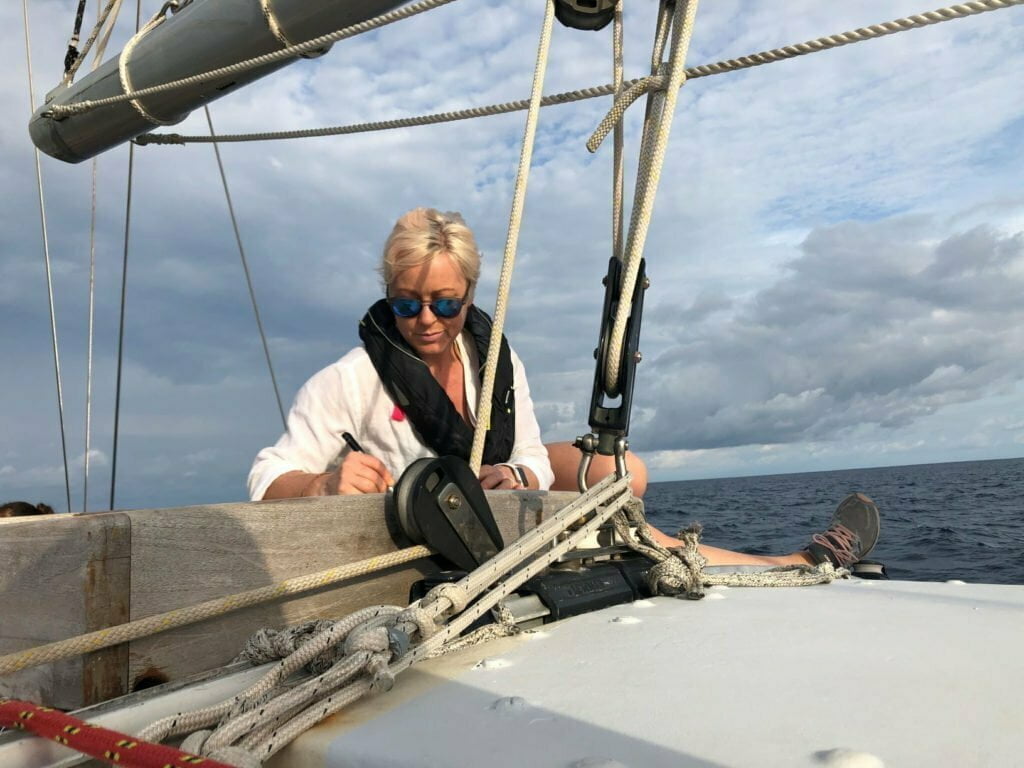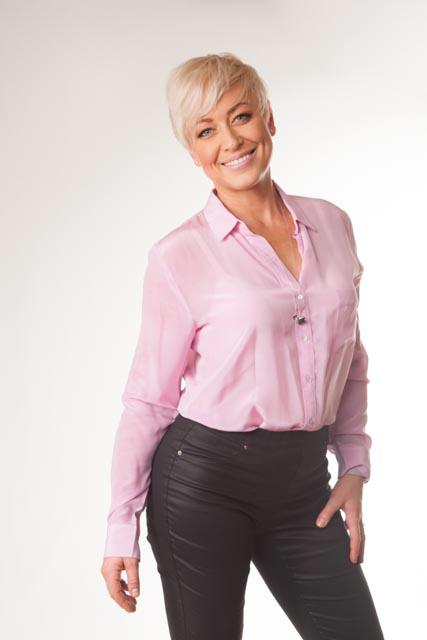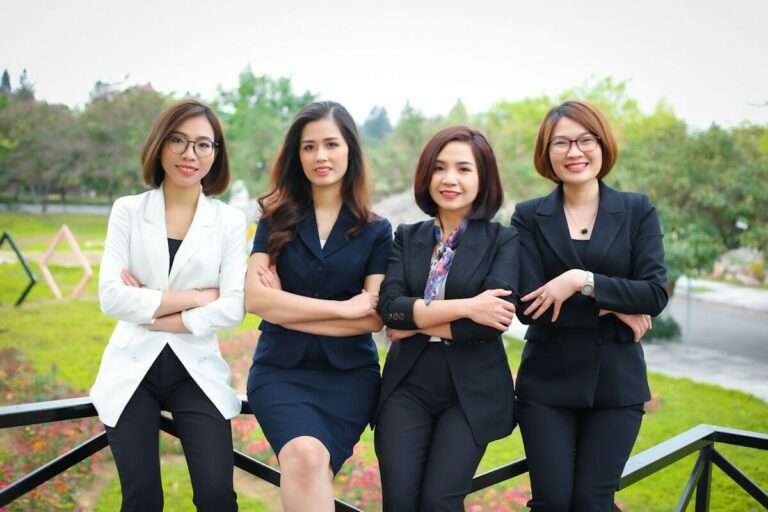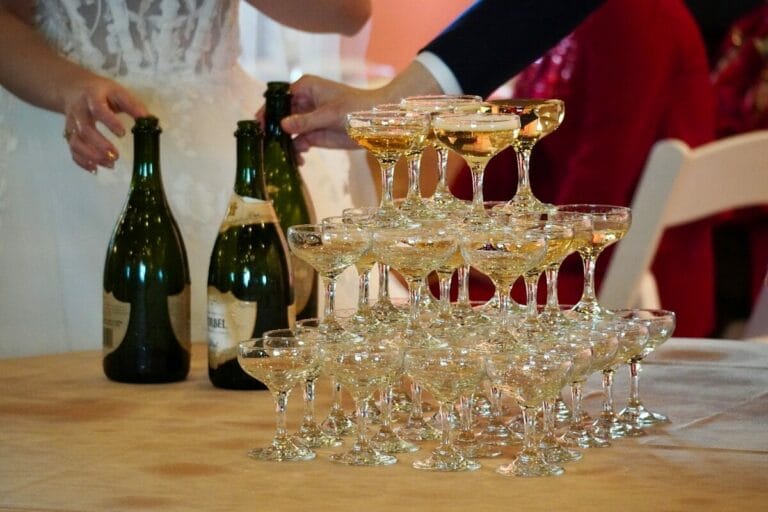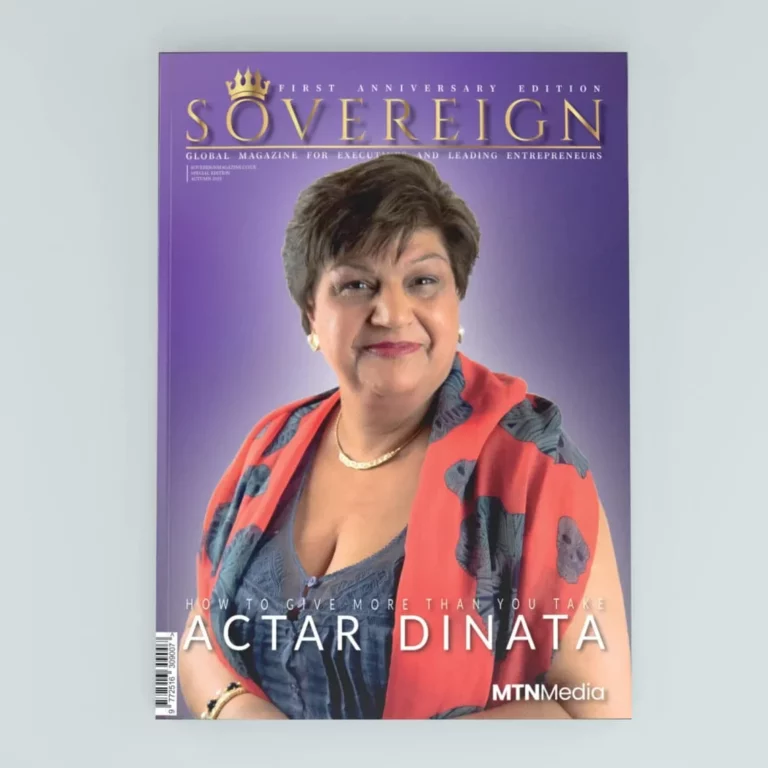Hilary Nash, Woman Philanthropist Steps Up Joining NHS To Fight Covid-19
Dr Hilary Nash tells us about the research eXXpedition Round The World 2019-2021 is an all-female sailing voyage and scientific research mission. Over 38,000 nautical miles and 30 voyage legs, starting and ending in the UK, eXXpedition crews will explore plastics and toxics in our ocean.
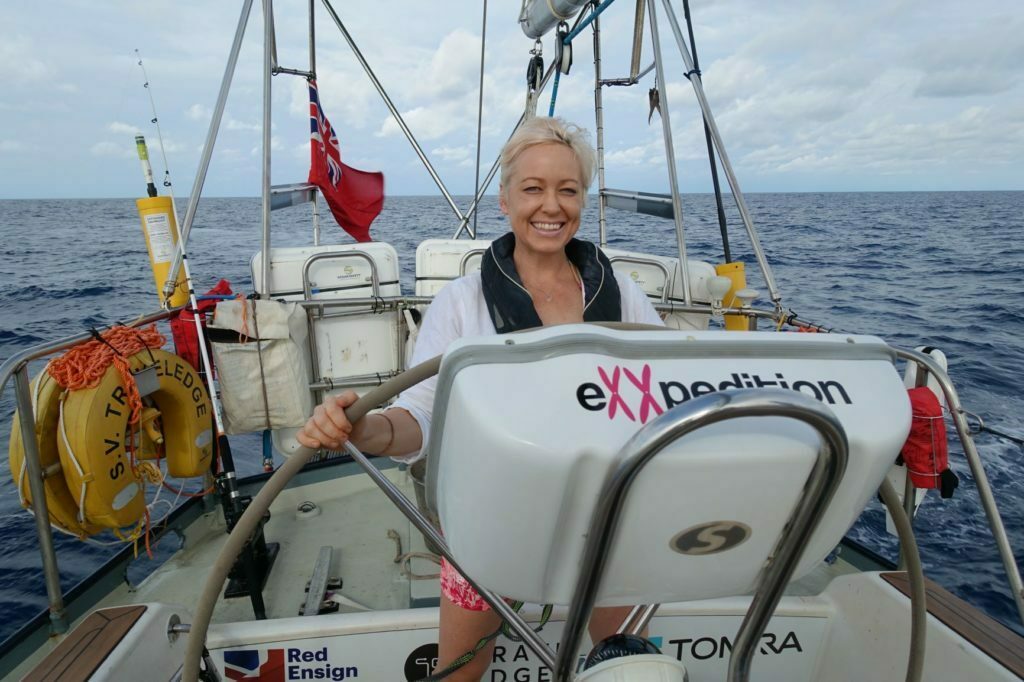
NHS Doctor Hilary Nash returned from Galapagos where she completed a philanthropic Sailing mission, just prior to the government imposed lockdown in order to fight Covid-19 firsthand on the frontline.
Hilary was one of the 300 remarkable Women who have taken part in eXXpedition, which is a two year all-female sailing mission to fight the plastic in the ocean. The mission aims to raise climate change awareness to close the knowledge-gaps, deliver evidence and effective solutions to ocean plastic pollution. The research onboard investigates the endemic nature of microplastics within our ocean environments.
We reach out to Dr Hilary, an extraordinary woman who joined Leg 6 of eXXpedition from Panama to Galapagos and delved into her passion for all things nature conservation.
A cheerful fitness enthusiast, born and raised in Dublin Ireland, Hilary is a doctor by profession. She first studied for a BSc in biochemistry at UCD in Ireland before moving to the UK in 2007 to study medicine at Manchester University. With this as her background, it may be understandable that promoting the role of women in STEM careers has a place very close to her heart.
She is also incredibly passionate about conservation and has been extremely saddened by the tragedy of the climate crisis and our polluted ecosystems. Living by the sea in Brighton brings the problem to her door every day and she spends much of her time there supporting small, local and independent businesses. These businesses aim to help combat single use plastic by allowing people to shop sustainably and packaging free.
She was honoured to have been able to share an incredibly powerful experience with a group of inspiring women from all over the globe, which will hopefully contribute to humanity’s deeper scientific understanding of the threat that plastic pollution poses to our world.
Who influenced you growing up?
I had many strong female influences, including my mum who always encouraged me to be independent, to have my own career and pursue my own dreams. I had some wonderfully positive high school teachers too, including my science teacher. One of them I really remember was actually a substitute history teacher. We only had her for a couple of weeks but I really liked her. During that time she taught us about feminism and how history has always been unkind to women. She encouraged us to be strong in the face of sexism and carve our own path. I was badly bullied as a child by a group of girls and ironically they proved to be a driving force for me to be strong, successful and prove them wrong.
What are your morning rituals, if any?
Fitness is hugely important to me, both for my personal wellbeing and also for my work. I need to present a healthy image to my patients. So I love to start my day with a workout. Either a strong twice weekly session with my personal trainer, a fitness class (pre social distancing!) or a home workout. I have an elliptical machine at home and often I’ll get up an hour early, stick something good on Netflix and jump on. It starts my day on a decisive track!
How do you mentally handle yourself when you’re facing challenges?
I do a lot of visualisation. It’s something I’ve always done, quite naturally. I would imagine what I want to achieve, really vividly – how the desired outcome would look and feel, sometimes even the sounds and smells. I would do this for most things… the boy I wanted to date, the career I wanted, any number of fitness goals, to sailing across the Pacific Ocean. It usually worked (admittedly I didn’t always get the boy I wanted… until I met my husband of course!). I have also learned that it’s helpful not to be too hard on yourself and to be realistic in goal setting. If you don’t achieve it this time around, it’s just an opportunity to take a different tack and have another go!
When not saving lives at NHS, or sailing to research the cause and find solutions for oceans pollution, Dr Hilary is helping Brighton residents shop plastic free
You are passionate about nature conservation and restoring wild nature. What drives you to contribute to the climate change awareness and the tragedy of climate change?
For some reason I have always seen myself as part of something bigger, a member of the human species, which is in itself a part of the great wonder of life on our planet, which is a tiny fragment of our elegant and unknowable universe. To be such a small part of a greater whole, and still make a positive difference, is something remarkable. We are unique and miraculous, but we also need humility. We need to care for our world, and the creatures we share it with. Despite our best efforts humans do not have any true mastery over Mother Nature. Just look how she has put us back in our place this last few months!
Are you involved in any projects at present?
It is upsetting knowing that single use plastic production and pollution is probably going to skyrocket as a result of the Covid-19 crisis, with people trying to use disposable everything. But what I have always said is that we need single use plastic in healthcare for infection control. Therefore we need to work hard to reduce our consumption of pointless plastic in other areas of our lives, so that we can continue to keep patients safe. As for current projects, I was working with schools, giving educational talks and workshops about plastic pollution and my experiences with eXXpedition Round The World (an all-female scientific sailing expedition researching plastic pollution on ocean environments) until the lockdown hit and schools closed.
So, honestly at this point I have been focusing my efforts on working in the NHS and supporting patients and colleagues in the face of the Covid-19 crisis. I usually work as a GP in the NHS, but previously I specialised in anaesthetics and intensive care. I recently offered my services to my local intensive care unit, the Royal Sussex County Hospital in Brighton. My intensive care skills are a little rusty so I’m being eased back in gradually but once I’ve been dusted off I’ll be happy to be able to help out on the coal face where I’m needed, as well as continuing to offer care to patients in the community with GP clinics in between. This is a unique set of circumstances for my profession and it is offering me a very different perspective on this new and frightening disease. I just want to know that, in the future, I would be able to look back on this time and know that I had stepped up, and done all that I could, with the skills I had to offer.
You support local sustainable business development and among other things you open a shop to provide plastic and package free products for the locals in Brighton. How hard is it to compete with chain shops? What are you up against? What do you need to stay on top of your game?
It is at a time like this when we realise just how important community is, and how small businesses are at the heart of that. They bring variety and spirit and the camaraderie and banter that makes life pleasurable on a human level. The small and local shops in my area have really stepped up to support their customers in this difficult time. Taking orders over the phone, delivering to vulnerable people in self isolation, going above and beyond. The challenges for them are to be competitively priced and to promote their businesses on a small budget. That is where high quality personal service, good social media and happy customers to spread the word will make the difference in helping them stay ahead of the curve.
What are your current plans for your family life?
My current plans are to remain grateful and happy! I have a wonderful husband and two gorgeous and funny cats who are our fur babies. I am content and complete with that.
What is social distancing teaching us during the lockdown? What is your experience of self-isolating?
Make no mistake, this is a horrible time for many people. Some may be filled with fear and uncertainty, others may feel isolated and alone. As a society we need to pull together to support the most vulnerable among us, and it has been really heart-warming to see that actually happening. It has been a fascinating experience in terms of learning what and who we can live without, paring down our daily life to the bare essentials – time with our families, time to ourselves, time to appreciate a quieter, cleaner world. The birdsong is sweeter, the moon is brighter. I’m fortunate in that I haven’t been unwell, so I haven’t had to self-isolate, but I have been observing the social distancing that has been asked of us all. In a way I am fortunate because I can still go to work, but in another way, it is worrying because I am potentially exposing myself to the virus. But it is a part of what every NHS worker has accepted, in order to be able to do their work and serve their patients.
Any advice for young women who want to follow your path?
If you follow my path, you’ll find it a very wiggly one! I hit many obstacles along the way and worked my way around them. You will find your own path.
Be strong and proud of your talents. Be open to new experiences and opportunities. Don’t hide, don’t blend, be spontaneous, be different!
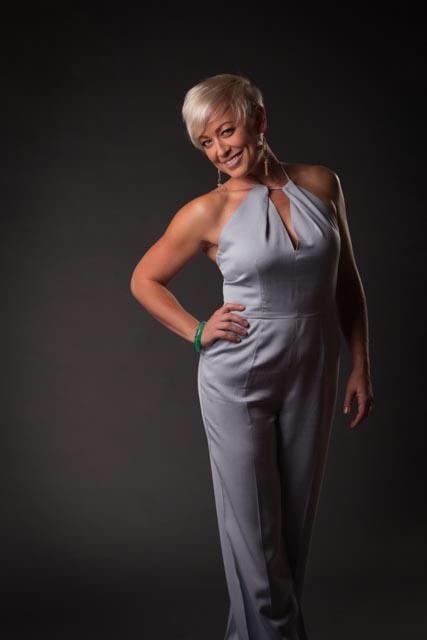
What do you consider to be your career highlight?
I think being selected to be part of the 300 all women crew of eXXpedition Round The World, out of 10,000 applicants from across the globe, was a definite high. I got to sail from Panama City to the Galapagos earlier this year (thankfully before the lockdown hit). Whilst not directly related to my career, my degree in biochemistry and my career in medicine meant that I had something to offer the project. Not just in terms of academic knowledge, but also the personal skills my career has taught me: kindness, generosity, good humour. To be given the opportunity to be a part of something so much bigger than me, to contribute to something so globally important, was a privilege. To meet and work with such a wonderful group of incredible women from all over the world, was an honour.
What do you think was your worst moment in your personal life?
This question! I’m kidding 🙂 I think it’s better to take a positive outlook. I choose to see adversity as an opportunity to adapt, improve and succeed. I have had many challenges along the way. For example, I have suffered with mental health issues, as many of us have and I have worked hard on them over the years. I am still a work in progress, but I like to think that I am stronger, more resilient and able to face anything that may come my way.
What do you want to be known for?
I try to live by the motto ‘Do not walk through time without leaving evidence of your passage’. I try to ensure that I make a positive difference to people and the world around me. It is what I have dedicated my life to doing, whether that means looking after the health of my patients, or the health of our planet. If I can do that then I have been of some use to the world.



